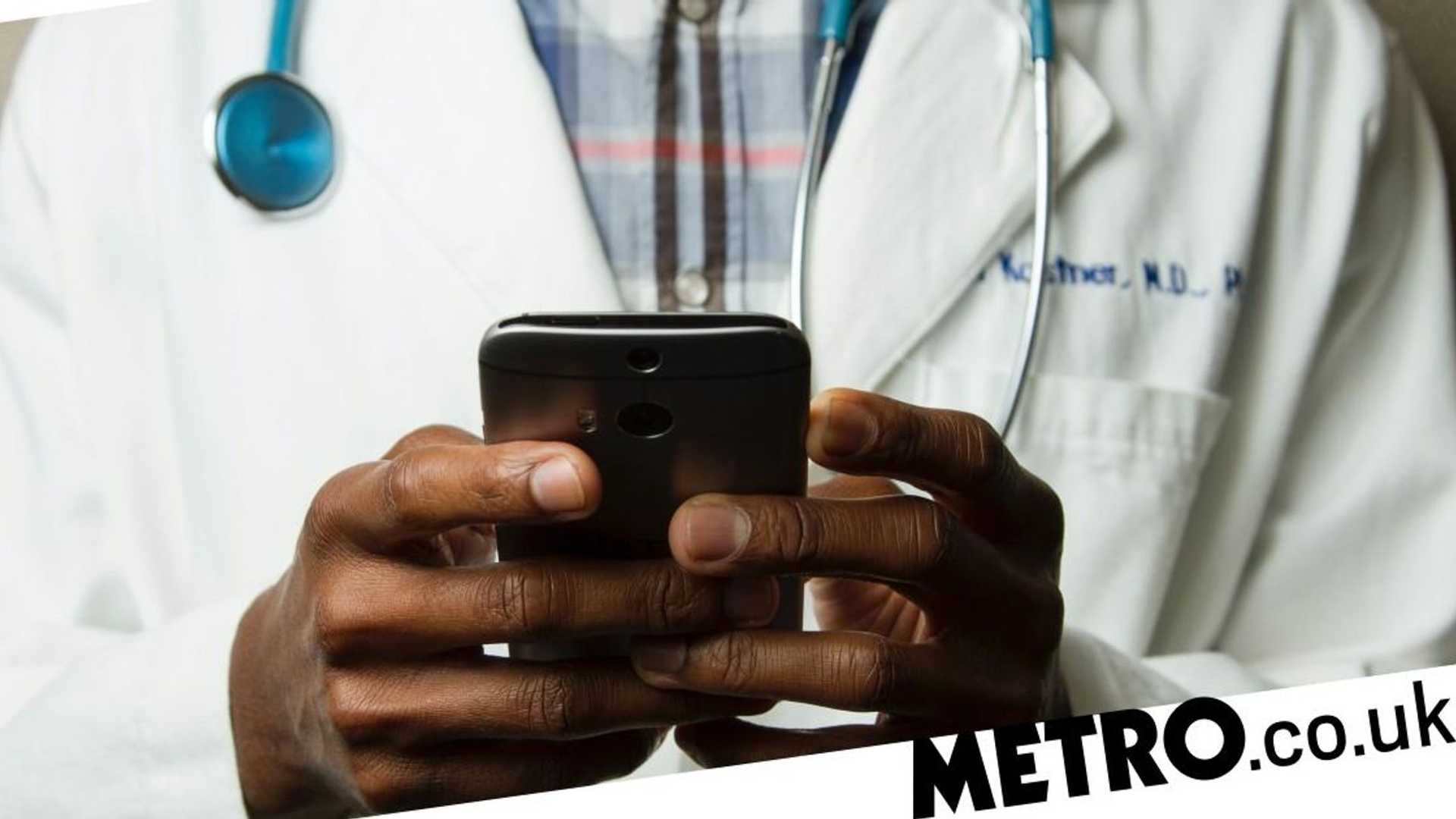Study finds ChatGPT to be more empathetic to patients than doctors
A recent study conducted by researchers in the United Kingdom has found that a computer program known as ChatGPT is more empathetic towards patients than licensed healthcare professionals. The computer program has been designed to facilitate online conversations with human beings.
As part of the study, licensed healthcare professionals were requested to rate responses from doctors as well as ChatGPT. The responses were given to questions asked by patients on the social media platform Reddit. The researchers found that ChatGPT generated a higher proportion of 'empathetic' or 'very empathetic' responses as compared to physicians. Additionally, ChatGPT's quality of responses was also higher than that of physicians, as rated by the healthcare professionals.
The researchers wrote in the Jama Internal Medicine journal that they recommend further studies to fully evaluate if Chatbots such as ChatGPT can be used in clinical settings to reduce burnout in healthcare professionals. They suggested that introducing AI assistants might improve responses, lower clinician burnout, and also improve patient outcomes. They also suggested randomised trials to assess the efficacy of using AI to generate responses.
However, Dr Mhairi Aitken, ethics research fellow at The Alan Turing Institute pointed out that while some people might feel comfortable receiving medical advice from a chatbot, the human relationship and care-giving is a vital part of the healthcare process and cannot be replaced by chatbots. She pointed out that a human doctor is able to adjust their language, manner, and approach in response to social cues and interactions, while a chatbot will produce more generic language without awareness of social contexts.
Mirella Lapata, professor of natural language processing, University of Edinburgh, who commented on the study, opined that the study assessed ChatGPT’s ability to provide responses to patient questions and compared the same to answers written by physicians. She pointed out that without controlling for the length of the response, there is uncertainty whether the raters judged for style rather than content.




















